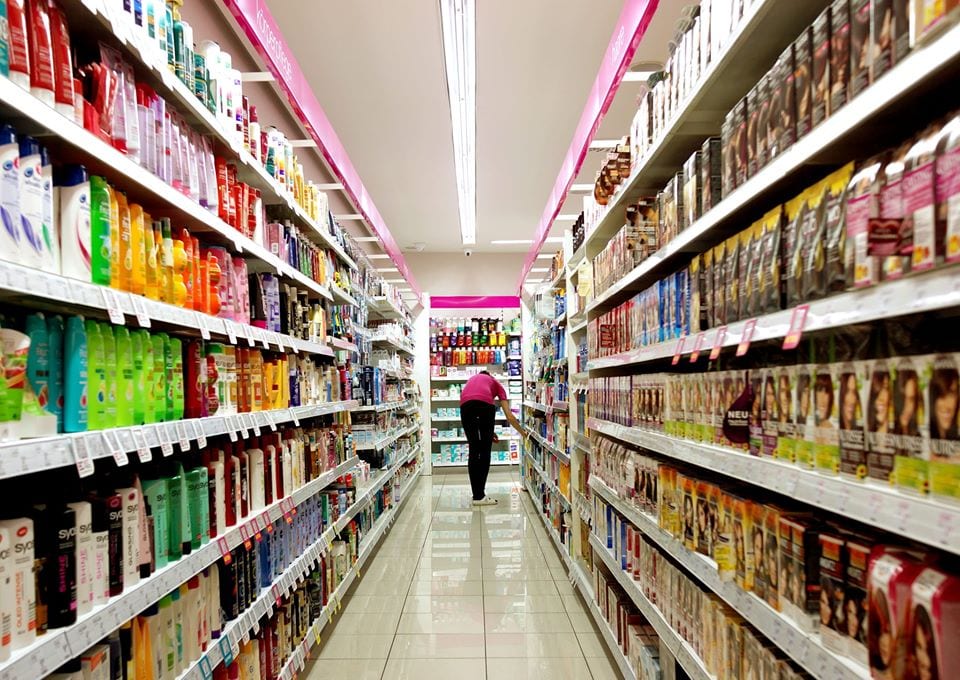
FMCG in the lockdown: Serious hurdles, clever solutions
The lockdown forced by the coronavirus pandemic led to the shutdown of factories and supply chains, making 278 million sq mt of retail space redundant, according to a Euromonitor study. This followed India’s worst economic performance in a decade, strengthening fears about what would come next.
Fast moving consumer goods (FMCG) manufacturers in particular have tried to ramp up production and address supply side shortages with alacrity. However, they are still facing serious logistical, labour and demand challenges.
According to market research firm Nielsen, India’s FMCG industry growth dropped 0.7% in the first quarter of 2020 to 6.3%. While January and February — considered pre-coronavirus – showed signs of recovery, growth fell to 4% in the next month. The most significant slowdown was witnessed in towns with a population of less than 10 lakh.
The impact was greatest in non-food categories as consumers tightened their purse strings to shun non-essential purchases.
The study projected that the current quarter could be one of the slowest first quarters of a financial year in terms of growth in the last three years. “Going forward, we expect FMCG industry growth for second half (H2, ie, Jul-Dec.) of 2020 to be in the range of 5%-6%, marginally higher than H1 2020,” Nielsen stated.
This could be the first glimpse of a new system to beat supply chain concerns, picking up products directly from distribution centres and shops and delivering them to the consumer. This is a win-win for both entities. For instance, Zomato makes up for the fall in restaurant orders if it has tied up with an FMCG major, while the latter solves the logistical problems it is facing.
In the future, such partnerships could help FMCG companies improve sales and help them shift even more significantly to e-commerce platforms.








